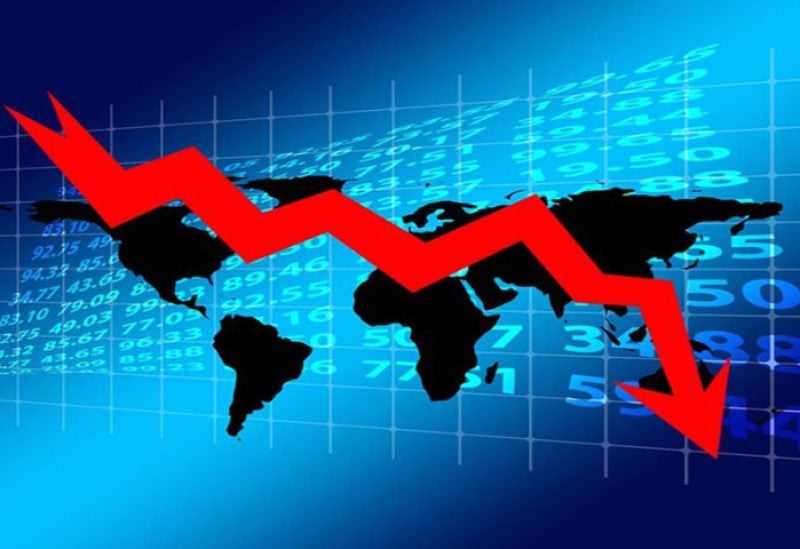
global-economy
As the primary central banks in the US, euro zone, and the UK momentarily halt their rate increases, the central banks in Europe’s northern area confront crucial choices.
According to Bloomberg, Sweden’s Riksbank, is set to make an announcement on Thursday, regarding raising the rates by a quarter-point to combat inflation, or opt for alternative strategies, creating uncertainty among economists and investors.
Norway’s central bank, a pioneer in rate hikes, contemplates further tightening in December amid encouraging signs in inflation and wage growth. The Nordics, particularly sensitive to foreign-exchange pressures, grapple with unique challenges in their pursuit of economic balance.
The US Federal Reserve is set to release minutes from its latest policy meeting on Tuesday, offering insights into its decision to maintain interest rates. As the country observes the Thanksgiving holiday, economic data includes expected reports on existing home sales, weekly jobless claims, and October orders for durable goods. S&P Global’s indexes of manufacturing and services activity on Friday will contribute to understanding the nation’s economic trajectory. Chair Jerome Powell’s indications of a cautious approach to economic and inflation assessments will be scrutinised.
Asia’s Economic Landscape: China, Australia, and More
China is anticipated to maintain its loan prime rates on Monday, with expectations of a year-end cut amid uneven economic recovery. The Reserve Bank of Australia will release minutes from its November 7 meeting on Tuesday, offering insights into its decision to resume rate hikes.
Regional highlights include GDP reports from Thailand, Singapore, and Indonesia, with significant policy implications. South Korea’s early trade data on Tuesday and Japan’s national inflation data on Friday will provide essential glimpses into global demand and potential shifts in monetary policies.
Europe, Middle East, Africa: Fiscal policies and ECB assessment
In Europe, Bank of England Governor Andrew Bailey’s testimony on Tuesday will be pivotal as UK inflation eases. Chancellor of the Exchequer Jeremy Hunt’s Autumn Statement on Wednesday outlines growth-focused measures, potentially impacting taxation and economic stimulus.
European Commission’s budgetary recommendations on Tuesday for EU members, just ahead of the bloc’s 3 per cent deficit limit, hold significance. ECB President Christine Lagarde’s insights into Germany’s hyperinflation history and comments from other policymakers throughout the week contribute to the overall economic outlook.
Latin America’s Economic Trends: Elections, contractions, and inflation
Chile’s third-quarter economic performance, possibly shifting from contraction to expansion, reflects its reliance on mining, particularly copper. Peru faces a likely third consecutive quarterly output decline due to setbacks in mining and construction.
Argentina’s presidential election on Sunday, with contenders Sergio Massa and Javier Milei, holds broader economic implications amid a projected 3 per cent economic shrinkage and over 180 per cent inflation in 2023.
Mexico’s economic activity and consumer price trends are closely watched indicators for the region.